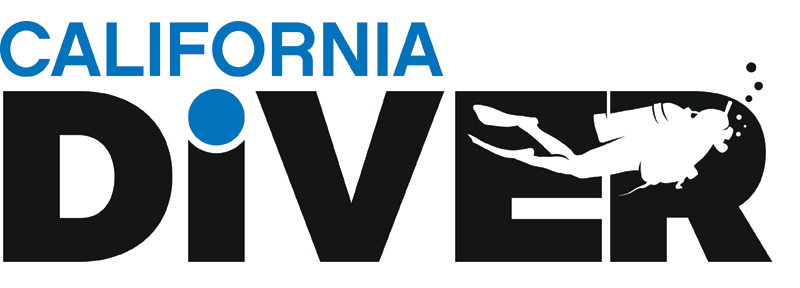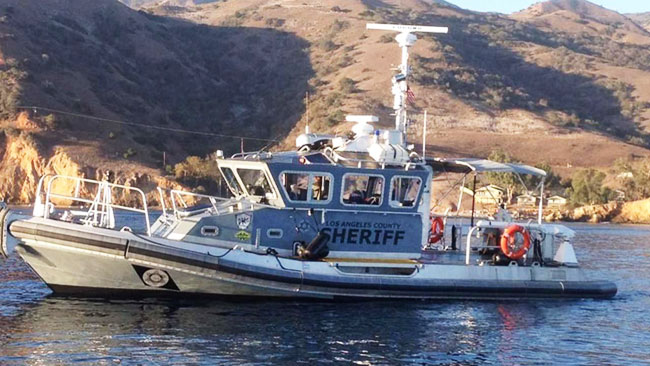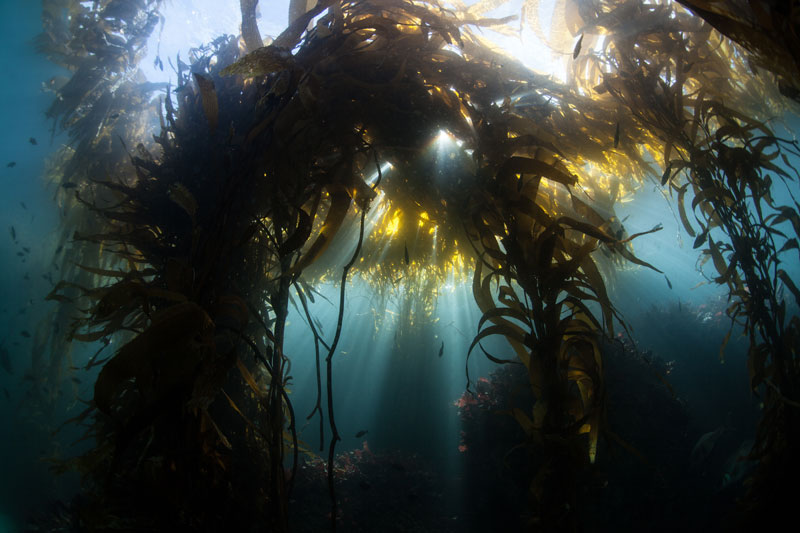Lobster season in California has only been open for a week, but it’s already been a tragic season, with 5 divers losing their lives off the Southern California coast. Four of the five divers who died were diving for lobster, and all accidents happened at night.
The first accident was reported September 27, just a few hours after the season opening. On Monday evening, Sept. 30, Avalon Sheriff’s deputies and paramedics responded to Indian Rock in Emerald Bay, where a second diver was recovered. Divers also were recovered off Anacapa Island and in Long Beach’s Los Alamitos Bay Wednesday.
While the exact causes of the accidents has not yet been determined, there are several factors that may have factored into them, based on past accidents, and a few things divers this season can do to help prevent additional accidents from occurring. Any diver searching for lobster this season, regardless of their experience or skill level, should take a moment to do a self-assessment to make sure they’re both ready to dive and always diving safely.
Health and Fitness
Even in the best of conditions, scuba diving can be a strenuous activity. Many who don’t dive during the year make their first dive at the opening of lobster season, and are not used to wearing a wetsuit, a full set of gear, weight belt, then exerting themselves during entries, exits, and surface swimming.
“People really underestimate the level of exertion scuba diving can take”, said Brian Arguela, a Los Angeles-based instructor. “If you’re not able to jog for 30 minutes straight or swim laps in a pool, you probably shouldn’t be trying to dive for lobster at night in the open ocean”.
While most diving could be described as taking a moderate activity level, conditions can change in an instant, and require a reserve of strength and energy. It’s these unforeseen circumstances which cause a lot of accidents. Divers should assume that every so often, conditions will be worse – and perhaps much worse – than expected. Most experienced divers will tell you that they’ve had to pull out the reserves at times, and sometimes even more.
One excellent resource for divers is Gretchen Ashton’s SCUBAFIT program. While the program is based in San Diego, there are ScubaFit instructors certified outside of the area as well. The ScubaFit Fitdiver course has created workouts which are based on sound research including a health profile of the diving community and the unique physiological demands of the underwater environment.
Needless to say alcohol and diving don’t mix, and remains as a contributing factor in some diving accidents.
Conditions
Conditions have varied considerably from dive site to dive site this season, as they often do, but poor conditions often don’t dissuade excited divers from searching for lobster, even if that means diving in lower visibility waters, rough areas, or at deeper depths than they’re used to diving.
“Don’t put yourself or your buddies at risk for the sake of catching a lobster” says DAN.
If any divers begin to exhibit signs of hypothermia, exhaustion, or other health problems, they should return to their boat immediately. Of conditions don’t provide a safe environment to dive in, call the dive and try again on another day or at a different location.
The Thrill of the Hunt
In the buzz and excitement of the lobster season, divers often forget or ignore essential diving safety rules. Additionally, some people will drive from long distances to dive, and aren’t about to abort a dive because conditions are poor or beyond their skill level. Equipment problems can also play a role, especially for those who have been out of the water for a while.
“My best advice to people if they get to the dive site or on the boat and they realize they’re missing something, they should abort the dive. A lobster is not worth your life,” said Kurt Magnussen. “Most dive accidents start with one small thing going wrong, then another, until eventually something serious takes place that the diver is unable to fix or deal with.”
Some divers obsessed with catching a prize will also dive deeper than they should, enter overhead environments they’re unfamiliar with, or swim in areas with entanglement hazards. Each of these should also be carefully evaluated before and during the dive.
Please take a moment to make sure you’re ready for diving and making good decisions at the dive site. Look out for fellow divers both in an out of the water and set a good example, even if it means aborting a dive now and then for the sake of safety. Simply put, a lobster or two is not worth a diver’s life, and we’ve already lost 5 too many this season.


